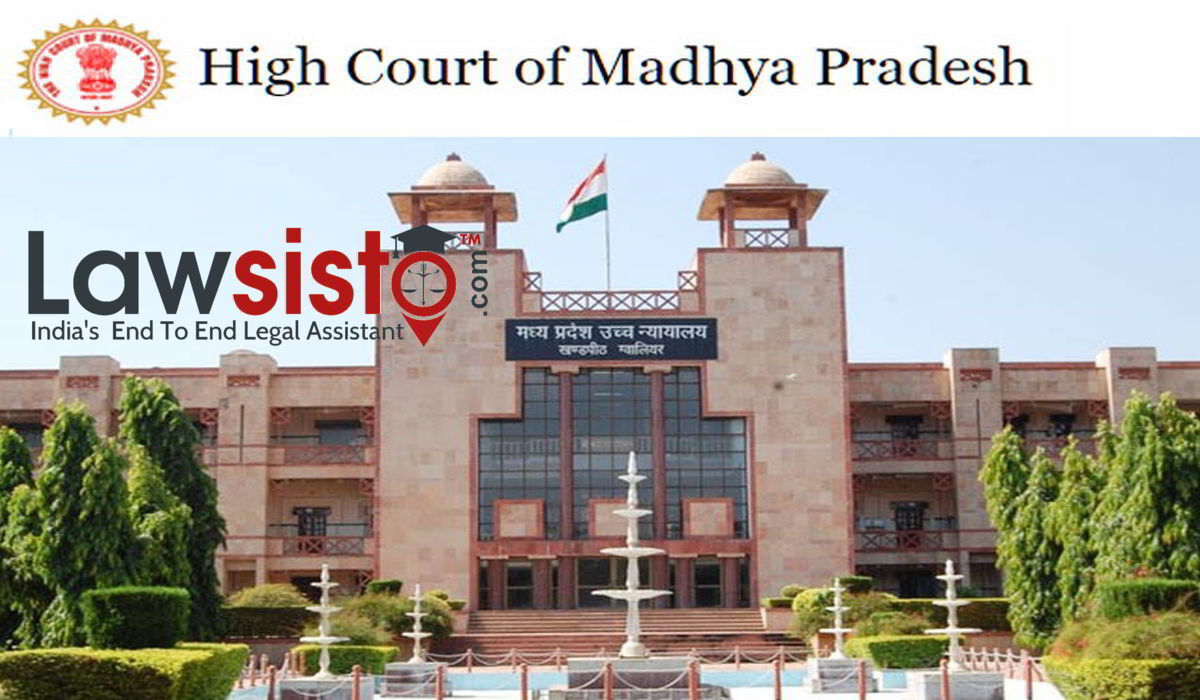Latest News
POCSO v. The Indian Penal Code: Reiterated by the Madhya Pradesh High Court

The Madhya Pradesh HC, dealing with the case against Ajay Jatav who was arrested on January 31, 2021, for the offences under Sections 363, 376, 366 of IPC and Sections 5 and 6 of the POCSO Act reiterated the crux of the Court’s ruling in the case of Independent Thought Vs. Union of India and Others.[i] The Court was deciding on the fifth bail application and while denying bail, stated that a physical relationship with a minor wife is rape.
In the bail application for the case[ii] that was decided by the Madhya Pradesh High Court, the girl who was a minor and was married to Ajay Jatav had given birth to a child on September 16, 2020, when she was eighteen years of age.
The accused, Ajay Jatav had submitted that physical relationships had developed between the accused and the wife only after the wife had turned 18. But the wife turned 18 on February 1, 2020. Since the medical tests had confirmed that the wife had become pregnant in December 2019 itself, it could not be established that a physical relationship had developed between them after she attained majority.
The landmark judgement of Independent Thought Vs. Union of India and Others was referred to. According to section 2 of the POCSO Act, a child is anyone below the age of eighteen years and any sexual relationship with a child will fall under the POCSO Act. However, exception number 2 to Section 375 of the IPC was contradictory in nature. This contradiction was dealt with in the landmark judgement of Independent Thought Vs. Union of India. The Supreme Court had read down the provision of exception 2 to Section 375 of IPC and had held that physical relationship with a minor wife, i.e., below the age of 18 years would also come within the category of rape.
The Supreme Court by reading down the second exception to Section 375, in Independent Thought v. Union of India, made it clear that the POCSO Act overrides the IPC. It has been held in several different cases that a special legislation for a particular offence overrides the IPC or a respective general provision. The presence of the Clauses under Section 375 which says, “sexual intercourse is rape with or without consent when the woman is under eighteen years of age” and the Exception to the same that says that, “sexual intercourse by a man with his own wife, the wife being under fifteen years of age in not rape” was contradictory in nature.
The POCSO clearly defines a child, and any man who commits rape on a child (any child below the age of 18) will be punished as under sections 4 and 5 of the POCSO Act, irrespective of the provisions in the IPC. The fact whether the sexual intercourse was consensual or non-consensual is not taken into account in some of the cases and the act will be considered as rape. The age of the victim at the time of the intercourse is considered to decide on minority. But in certain cases, the consent of a minor for sexual intercourse is held valid and this area of confusion was termed as a “legal grey area”.[iii] It is not just satisfactory to determine the actual age of the child to determine the majority but also necessary to keep in mind the mental age.
Therefore, in the case of Ajay Jatav v. State of Madhya Pradesh, no case could be made out for the grant of bail as the case evidently fell under the POCSO Act and due to this, the bail application was dismissed by the High Court.
[i] (2017) 10 SCC 800.
[ii] MCRC-50562-2021.
[iii] Arhant Janardan Sunatkari v. State of Maharashtra.
“This Article Does Not Intend To Hurt The Sentiments Of Any Individual Community, Sect, Or Religion Etcetera. This Article Is Based Purely On The Author's Personal Views And Opinions In The Exercise Of The Fundamental Right Guaranteed Under Article 19(1)(A) And Other Related Laws Being in force In India, For The Time Being. Further, despite all efforts that have been made to ensure the accuracy and correctness of the information published, Lawsisto Private Limited shall not be responsible for any errors caused due to human error or otherwise.”
Document:



































































































